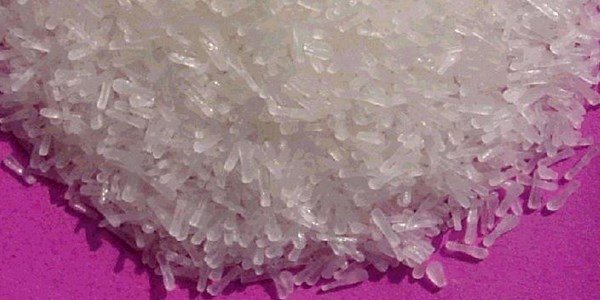Chinese restaurant syndrome

Chinese restaurant syndrome is a condition characterized by the appearance of certain symptoms after eating food in a Chinese restaurant.
A food additive called monosodium glutamate (MSG) is most commonly cited as the cause of the syndrome, but there is no scientific evidence to establish that this particular additive is the cause of the symptoms.< /p>
However, there is no other scientific explanation for the body’s reaction to eating food in a Chinese restaurant. The condition is rare. But because of the MNG scandal over the 2008 baby deaths in China, many Chinese restaurants began to advertise that they do not add MNG to their food.
What is monosodium glutamate?
A food additive that is used as a flavoring agent to improve the taste of food. MNG is a glutamate-like substance that occurs naturally in almost all foods.
MNG is obtained from plants such as corn and molasses. The US Food and Drug Administration categorizes MNG as a safe food additive.
Salt and sugar are also categorized as safe by the FDA. MnH is added to many processed foods, including Chinese food, hot dogs, and potato chips.
What causes it?
The only known cause of the syndrome, although the link has not yet been proven, is MNG.
If you feel sick after eating Chinese food or other foods containing MNG, you are most likely sensitive to the food additive. You may also be sensitive to foods that naturally contain high amounts glutamate.
What are the symptoms?
Symptoms of the syndrome usually begin within two hours of consuming foods containing MNG. They can last from a few hours to a few days.
The most common symptoms that can occur are:
• Headache;
• Sweating;
• Redness of the skin;
• Numbness or burning in the mouth or throat;
• Nausea;
• Fatigue;
/p>
Less often, people experience severe, potentially life-threatening clinical manifestations similar to those of anaphylaxis after consuming MNG-containing foods.
Potentially dangerous symptoms are:
• Chest pains;
• Fast or irregular heartbeat;
• Swelling of the throat;
• Swelling of the face;
Treatment for Chinese Restaurant Syndrome
When the symptoms are harmless, no treatment is necessary. But when the manifestations of the syndrome are greatly exacerbated, go straight to an emergency medical center or call 112 immediately.
Usually the symptoms of the condition go away on their own. Taking pain relievers will relieve the headache.
Drinking a few glasses of water will help dilute the MNG and make it easier to flush it out of the digestive system.
Water will help the symptoms subside more quickly. However, if you experience severe symptoms after consuming foods containing MNG, your doctor will prescribe antihistamines to relieve symptoms.
Prevention
If you have developed very acute symptoms in the past after consuming such foods, you should refrain from them. Read ingredient labels on food packages and if you eat out, ask the waiters or chefs if they add MNG to the food.
If you suspect or have any symptoms of sensitivity to foods that naturally contain glutamate, consult a nutritionist to prepare a specific diet that does not include foods that contain a large amount of glutamate.



